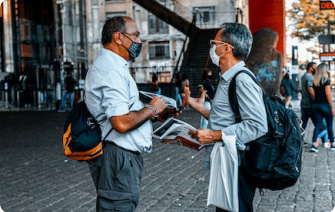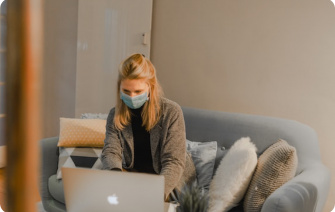Ask a Question

Let us know if we can help with
- advisory help
- government strategies
- information on how to stop the spread
- information on COVID-19
- guidelines for different target groups
Your message will be directed to the right team and be answered in a few days.
Frequently Asked Questions
Seeking Other Help?
Experts & Advisors Team
Who We Are
A Global Community for Health
We are a global community dedicated to protecting health, minimizing harm, and improving well-being for all. Our members span regions and disciplines, working collaboratively to address health challenges and support communities worldwide.
Expertise and Advocacy in Action
Our members include experts, advocates, and community leaders who have advised governments, led successful health initiatives, championed airborne precautions, and developed innovative public health solutions. Their work drives meaningful change and empowers individuals and communities.
Independent and Guided by Values
We are an independent organization, free from political influence and united by shared values: compassion, science, and social responsibility. These principles guide our efforts to protect health, address global challenges, and improve lives.







